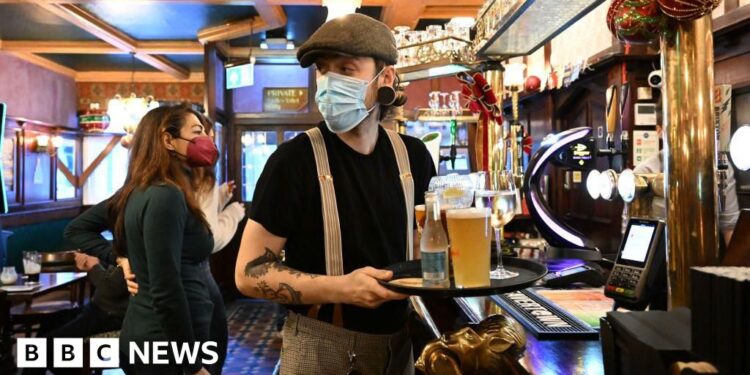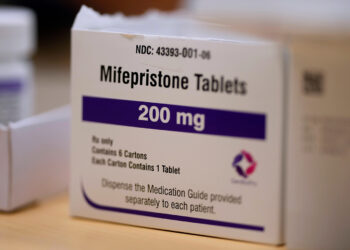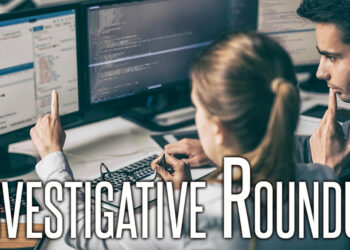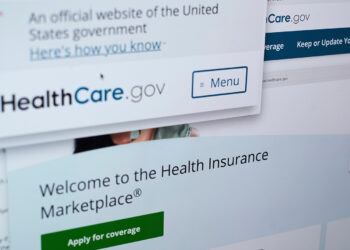Ben KingBusiness reporter
 Getty Images
Getty ImagesWorkers and business leaders have told the Covid-19 inquiry about the devastation they faced during the pandemic and the difficulties they faced accessing support.
Business owners described breaking into tears as they were forced either to lay off staff or shut up shop entirely, while employees told how they feared for their jobs.
The comments were included in 8,000 submissions from the public, and come as the third stage of the inquiry focuses on the measures taken to support workers’ incomes and keep businesses afloat when the pandemic struck.
According to the Treasury, £140bn was spent on support for businesses, much of it going to pay people’s wages when they were forced to stay at home.
Last week the report on the second phase of the inquiry, into political decision-making, found the government had done “too little, too late”.
The current module, expected to last until just before Christmas, will examine the unprecedented economic intervention rolled out when the first lockdown was announced in March 2020.
The largest scheme, the Coronavirus Job Retention Scheme, known as furlough, covered 11.7 million jobs between March 2020 and September 2021, at a cost of £70bn, paying a portion of employees’ wages to ensure they still had an income even if they could not go to work, and to keep businesses going so that they could reopen later.
There was also a support scheme for self-employed people, loan schemes for businesses and business rates relief.
Questions were raised over the scale of the financial support, the strength of safeguards against fraud and error, and whether it delayed people taking up new work roles.
In submissions to the inquiry, employees told the inquiry how they were worried of losing their jobs and faced a scramble to pay bills through the pandemic, with some missing out on furlough payments after being made redundant by their companies.
Others said their careers were rescued by the furlough programme.
Some business owners said they were saved by government support schemes and spared having to make redundancies.
As part of the submissions, the owner of a small retailer told the inquiry: “One awful day, I had to call 80% of my staff and tell them that we had to make them redundant because there was no job for them anymore.
“And I cried, I didn’t sleep all night, I was so, so, upset. I had people that had worked for me for seven, eight years, that I had to say, ‘I’m so sorry, I literally can’t afford to pay you anymore because we’ve got no business’.”
Describing flaws in the furlough system, one Northern Irish contributor said her husband lost his job in the run-up to the scheme coming to an end. “It then got extended, but he’d already been let go,” she said.
Then-Chancellor Rishi Sunak’s Eat Out to Help Out scheme split opinion among bosses.
“When we reopened, it helped to get people back into the pub and it helped us increase our profits,” the finance director of a large English food and drinks firm said.
But an operations manager at a travel and hospitality firm in Wales said: “When we look back, it probably wasn’t the right thing to do, given where we were with the pandemic.”
The Covid Inquiry, chaired by Baroness Hallett, is expected to look at 10 areas in total, and provide lessons for managing future pandemics.
This phase of the inquiry will also look at the additional funding provided for public services such as the railways to keep them running during lockdowns, and support for the voluntary and community sector.
It will examine decisions on benefits, sick pay and support for vulnerable people.
However, this part of the inquiry will not look at how the pandemic affected the economy as a whole.
Baroness Coffey, the former work and pensions secretary, is due to appear on Wednesday, as well as Will Quince, the former welfare delivery minister.
Labour market expert Mike Brewer, one of five experts commissioned to write reports on different aspects of the governments’ economic policy response, will be the first witness to give evidence on Tuesday morning.
Also appearing are:
- Former Treasury officials James Benford and Dan York-Smith
- Representatives of the charities Child Poverty Action Group, Long Covid Support and Disability UK
- Former Downing Street special adviser Ben Warner
- Former director general for analysis of the Covid-19 Taskforce, Robert Harrison.
Rishi Sunak has confirmed that he will appear in a couple of weeks’ time.
On Friday, he told the BBC the government and scientific community were “operating in a highly uncertain environment”.
“I think we do need to view the decisions taken through that lens.
“But it’s important that lessons [are] learned so that we can be better prepared if there’s ever another pandemic.”
Last week, the inquiry published a highly critical report on core decision-making during the pandemic, which described a “toxic and chaotic” culture at the centre of the UK government.
The public hearings for this section of the inquiry – known as Module 9 – are scheduled to run for four weeks, ending on 18 December.
Source link : https://www.bbc.com/news/articles/cwyp4g95re4o?at_medium=RSS&at_campaign=rss
Author :
Publish date : 2025-11-24 12:10:00
Copyright for syndicated content belongs to the linked Source.













